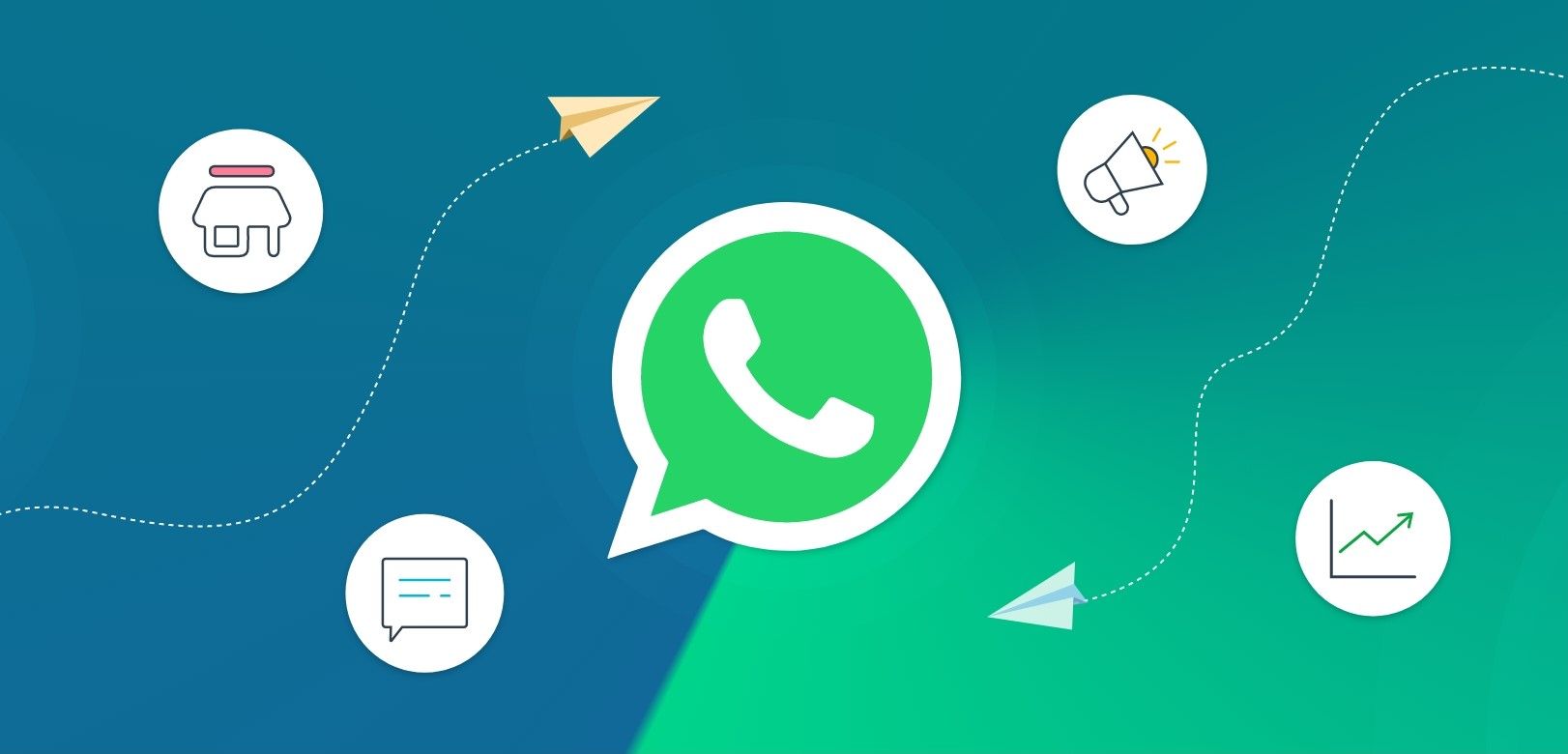
In today’s fast-paced world, effective communication is crucial, especially in the healthcare sector. For medical clinics, leveraging messaging platforms like WhatsApp can transform how they interact with patients, leading to improved care and satisfaction. This blog explores how clinics can use WhatsApp for appointment reminders, sharing health tips, and providing quick consultations, ultimately enhancing patient care. If you’re looking to optimize your communication strategy, consider partnering with a whatsapp marketing in ahmedabad.
1. Streamlining Appointment Scheduling
One of the most significant challenges medical clinics face is managing appointment scheduling efficiently. WhatsApp can simplify this process in several ways:
- Appointment Reminders: Clinics can send automated appointment reminders to patients a day or two before their scheduled visit. This reduces no-shows and helps patients remember their appointments, leading to better time management for both patients and clinics.
- Easy Rescheduling: Patients often need to reschedule due to unforeseen circumstances. WhatsApp allows for quick communication, enabling patients to easily inform the clinic of changes and reschedule their appointments without lengthy phone calls or emails.
- Real-Time Availability: Clinics can share their real-time availability through WhatsApp, allowing patients to select suitable appointment slots instantly. This reduces the back-and-forth communication traditionally involved in booking appointments.
2. Enhancing Patient Education and Engagement
Effective patient education is essential for better health outcomes. WhatsApp can be an excellent tool for sharing valuable health information:
- Health Tips and Resources: Clinics can send regular messages with health tips, dietary advice, exercise routines, and wellness resources. This not only keeps patients informed but also encourages them to take proactive steps in their health management.
- Medication Reminders: Patients often forget to take their medications on time. By sending friendly reminders via WhatsApp, clinics can help ensure that patients adhere to their prescribed treatment plans, ultimately leading to improved health outcomes.
- Patient Feedback: WhatsApp can also be used to gather patient feedback after consultations. Clinics can ask patients about their experience and gather insights on areas for improvement, fostering a culture of continuous enhancement in patient care.
3. Facilitating Quick Consultations
In addition to reminders and health tips, WhatsApp allows clinics to offer quick consultations:
- Initial Assessments: For non-emergency issues, patients can describe their symptoms via WhatsApp. Healthcare providers can assess the situation and advise whether the patient should come in for a visit or if they can manage their condition at home.
- Follow-Up Questions: After an appointment, patients may have follow-up questions regarding their treatment or recovery process. WhatsApp provides a convenient platform for patients to reach out to their healthcare providers without needing an in-person visit or a phone call.
- Telehealth Opportunities: With the rise of telemedicine, clinics can utilize WhatsApp for virtual consultations. This is particularly beneficial for patients who may have difficulty traveling or for those who prefer to consult their doctors from the comfort of their homes.
4. Maintaining Privacy and Compliance
While using WhatsApp for patient communication, clinics must prioritize patient privacy and data security. Here are some best practices:
- Encryption: WhatsApp provides end-to-end encryption, ensuring that messages remain confidential. Clinics should reassure patients that their information is secure.
- Consent: Always obtain patient consent before using WhatsApp for communication. Patients should be informed about how their data will be used and stored.
- Professionalism: Maintain a professional tone in all communications. Ensure that all staff members using WhatsApp are trained on appropriate communication practices and patient privacy regulations.
Conclusion
Integrating WhatsApp into medical clinic operations can significantly enhance patient communication and appointment scheduling. By sending appointment reminders, sharing health tips, and facilitating quick consultations, clinics can improve patient engagement, satisfaction, and overall care. As healthcare continues to evolve, embracing technology like WhatsApp will be essential for clinics aiming to provide efficient and compassionate patient-centered care.
In this digital age, patients appreciate convenience and timely communication, making WhatsApp an invaluable tool for enhancing the healthcare experience.




